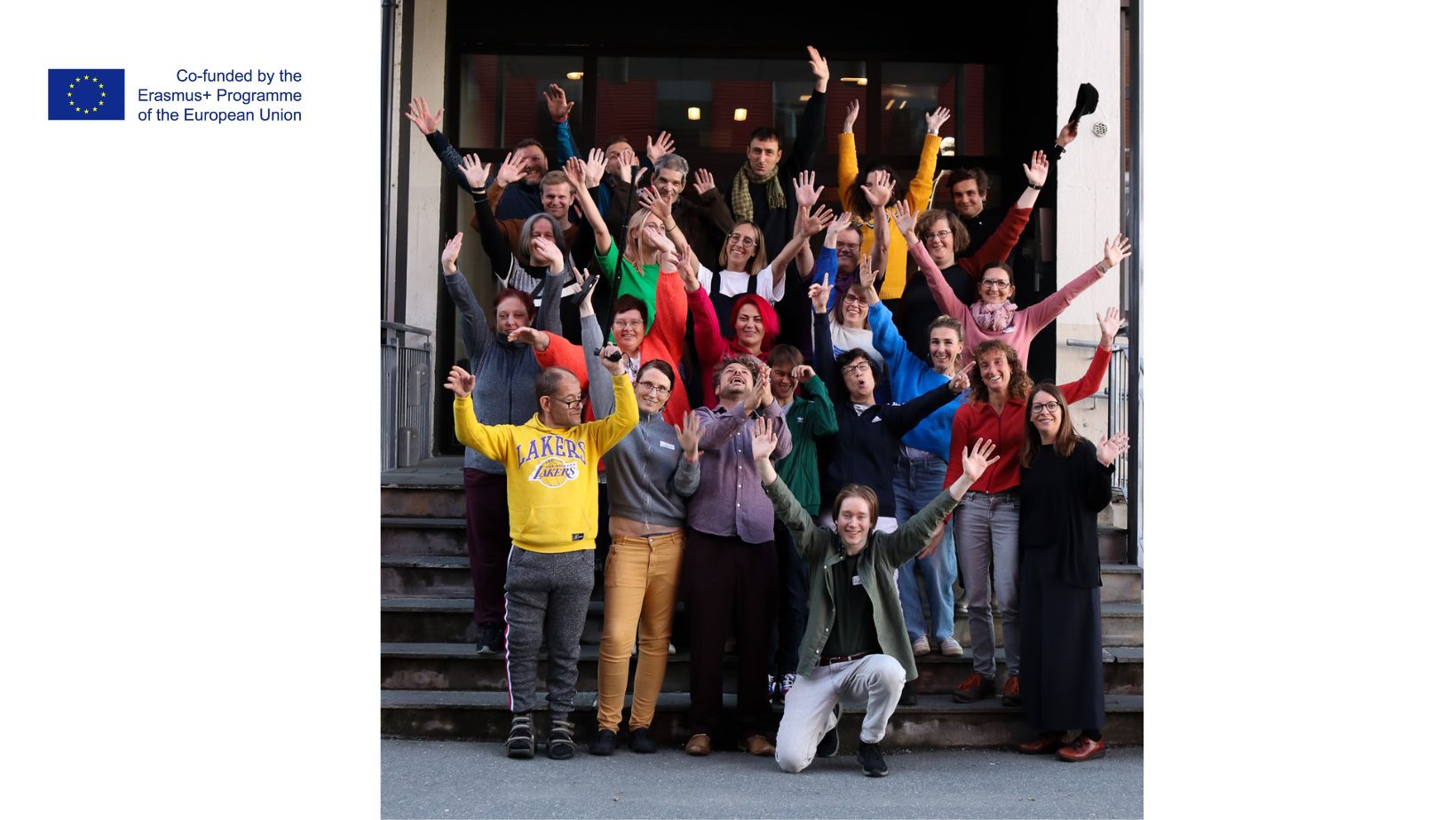The SEKEHE project, where KBT Vocational College is an expert partner, is nearing completion after just over two years. SEKEHE focuses on systematically integrating user experiences into higher education through co-creation. For KBT Vocational College, the project has already resulted in concrete changes. Several European universities are involved, and all have experienced positive developments thanks to the project.
An International Group of Experts by Experience
Funded by Erasmus+, SEKEHE started in the fall of 2022. In the fall of 2023, an international gathering of experts by experience was held in Trondheim. In this context, an expert by experience refers to someone with lived experience in mental health, substance abuse, or correctional service.
Following the gathering, an international group of experts by experience from the participating countries was established. This group meets periodically online to discuss their roles and the challenges they face. The plan is for these meetings to continue even after the project ends.
Developing a Format for Student Support
One of the project’s work packages involves creating a “student support format” and a support and guidance program for co-creation with experts by experience in professional contexts.
A pilot student support seminar was held at KBT Vocational College, where former students conducted a seminar for current students in the peer support worker education program. During the seminar, they guided students on exam preparation and study techniques. Thirteen students participated, and feedback indicated high satisfaction with the format.
“This is quite exciting. This initiative will continue after the project ends. SEKEHE aims to create lasting, positive changes for participants and contribute to the school’s development,” says lecturer Vebjørn Ørsjødal.
Concrete Results Put into Practice
The student support seminar is just one example of how SEKEHE has led to tangible developments. Ørsjødal hopes for further improvements in co-creation and academic development.
“On a European level, I hope experiential knowledge becomes a more recognized and integral part of university-level education in health and social care.
So far, we have created connections between experts by experience across borders and planted the seed for academia to evolve. All the faculties involved in the project have, to varying degrees, experienced positive developments in this area.”
Co-Creation Between Peer Support Workers and Educators
Another outcome of the project is the development of a guidance tool at KBT Vocational College for co-creation between peer support workers and educators. This program will explore how peer support workers and educators collaborate on planning, teaching, mentoring, and development.
Incorporating Experiential Knowledge into Curricula
During the project, several university-level courses updated their curricula to include experiential knowledge in teaching and assessment. This applies to all participating countries: Norway, the Czech Republic, Belgium, and Italy. One example is a course at NTNU focusing on relational welfare and quality of life.
Different Understandings of Experiential Knowledge
Throughout the project, participants discovered varying understandings of experiential knowledge across countries. The project uses the term “experts by experience.” For instance, in some countries, the concept is primarily linked to disabilities or developmental challenges, whereas in Norway, it is more broadly understood as lived experiences, particularly in mental health and substance use.
Don’t Take Competence for Granted
Vebjørn and Yvonne from KBT Vocational College also found through the project that the competence of experts by experience cannot be taken for granted. The college provides vocational education focused on those who can and will enter the workforce and/or further education. However, the project revealed much valuable knowledge from experts by experience who may not necessarily become peer support workers. They also have voices and wisdom worth hearing.
At KBT Vocational College, we feel we have made significant progress. It can be easy to assume that our culture around valuing experiential knowledge applies everywhere. Perhaps this is why we were invited into the project as an expert partner. With about six months remaining in the project, we are eager to see what lies ahead.
This article was translated from Norwegian with help from ChatGPT

This project has been funded with support from the European Commission. This publication reflects the views only of the author, and the Commission cannot be held responsible for any use which may be made of the information contained therein.

